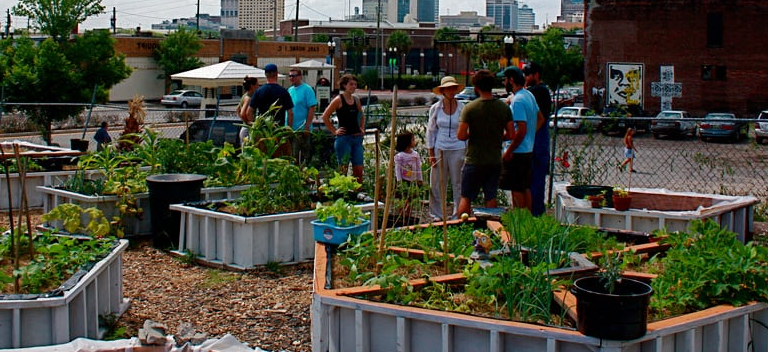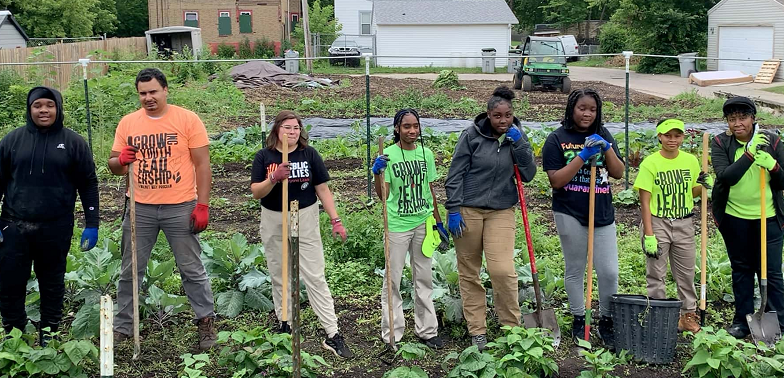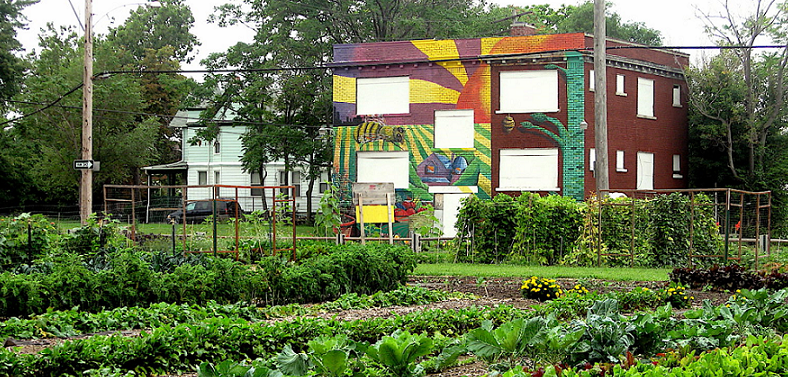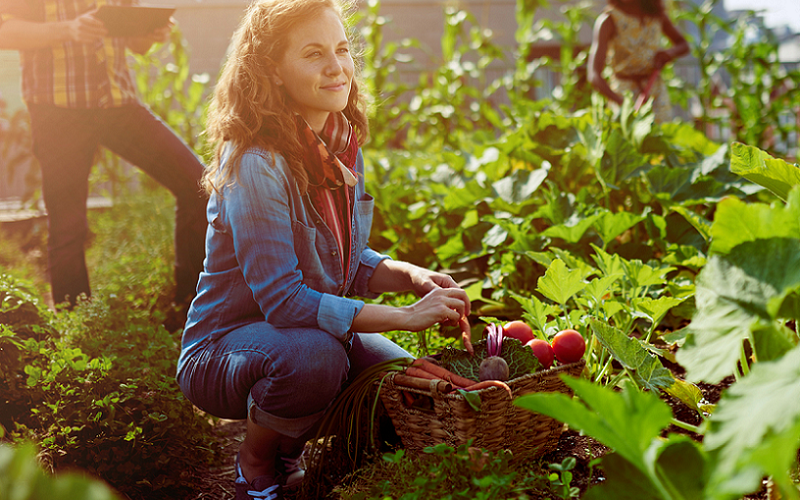Urban gardening and sustainable agriculture have become increasingly popular in recent years as more and more people are looking for ways to live a healthier and more sustainable lifestyle. These practices offer a number of benefits, including increased access to fresh and nutritious food, improved mental and physical health, and environmental benefits. However, there are also several challenges that come with urban gardening and sustainable agriculture, such as limited space, soil quality, and financial costs.
What Is Urban Gardening and Sustainable Agriculture?
Urban gardening is the practice of growing plants, fruits, and vegetables in urban areas, typically in small-scale plots or containers. This can include community gardens, rooftop gardens, balcony gardens, and even indoor gardens. The goal of urban gardening is to provide access to fresh, nutritious, and locally grown food, while also promoting environmental sustainability and community building.
Sustainable agriculture, on the other hand, refers to farming practices that are environmentally friendly, economically viable, and socially responsible. This type of agriculture focuses on reducing the use of harmful chemicals and synthetic fertilizers, preserving natural resources, and promoting biodiversity. Sustainable agriculture can be practiced on a small scale in urban areas, such as through community gardens and urban farms, or on a larger scale in rural areas.
Both urban gardening and sustainable agriculture are part of a larger movement towards a more sustainable and environmentally responsible way of life. By promoting these practices, we can help to create healthier and more sustainable communities, while also addressing the growing need for food security and access to fresh, nutritious food in urban areas.

Benefits of Urban Gardening and Sustainable Agriculture
Urban gardening and sustainable agriculture offer several benefits to urban environments. Firstly, they provide increased access to fresh and nutritious food. By growing their own food, people can have access to healthy and locally grown produce, which can help to improve their overall health and well-being.
Secondly, urban gardening and sustainable agriculture can also help to improve mental and physical health. Gardening is a form of exercise and can help to reduce stress and improve mood, while also providing a sense of accomplishment and purpose.
In addition to these personal benefits, urban gardening and sustainable agriculture can also have economic benefits. For example, growing your own food can save you money on groceries and reduce the need to purchase expensive, imported produce. Sustainable agriculture can also provide job opportunities and support local economies, particularly in urban areas where there may be limited access to fresh produce.
Furthermore, urban gardening and sustainable agriculture have important environmental benefits. They promote the use of environmentally friendly and sustainable farming practices, reducing the use of harmful chemicals and synthetic fertilizers, and preserving natural resources. This can help to improve air and water quality, and promote biodiversity in urban areas.
Finally, urban gardening and sustainable agriculture can also help to build stronger and more connected communities. Community gardens and urban farms provide opportunities for people to come together, share their skills and knowledge, and build relationships. This can help to create a sense of community and promote social interaction and engagement in urban areas.

Challenges of Urban Gardening and Sustainable Agriculture
Urban gardening and sustainable agriculture are not without challenges in urban environments. One of the main challenges is limited space. Urban areas often have limited space for gardening, which can make it difficult for people to grow the amount of food they need. In addition, many urban areas also have limited access to sunlight and water, which can further limit the ability to grow plants, fruits, and vegetables.
Another challenge is soil quality. Urban soils are often contaminated with pollutants, such as heavy metals and chemicals, which can make it difficult to grow healthy and nutritious food. In addition, the soil in urban areas is often compacted and lacks the organic matter needed to support healthy plant growth.
Pests and diseases are also a common challenge in urban gardening and sustainable agriculture. Pests and diseases can quickly spread in a densely populated urban environment, making it difficult to control their impact on crops. In addition, many urban areas also have limited access to natural predators, such as birds and beneficial insects, which can help to control pests and diseases.
Water access and management is another challenge in urban gardening and sustainable agriculture. Urban areas often have limited access to water, and water restrictions can make it difficult to properly irrigate crops. In addition, the cost of water can be high, which can be a barrier for people who are interested in urban gardening and sustainable agriculture.
Finally, financial costs can also be a challenge in urban gardening and sustainable agriculture. Purchasing supplies, such as seeds, soil, and containers, can be expensive, and the costs of maintaining a garden or farm can add up over time. In addition, many urban areas do not have the infrastructure in place to support urban gardening and sustainable agriculture, which can increase the costs of these practices.

Overcoming the Challenges Urban Gardening and Sustainable Agriculture
Despite the challenges of urban gardening and sustainable agriculture in urban environments, there are several ways to overcome these challenges and promote these practices. One way is to adopt innovative gardening techniques, such as vertical gardening, hydroponics, and aquaponics. These techniques can help to maximize the use of limited space and reduce the impact of pests and diseases.
Another way to overcome the challenges of urban gardening and sustainable agriculture is through community involvement and support. Community gardens and urban farms can be established with the support of local governments, organizations, and individuals. By working together, communities can share resources, knowledge, and support, making it easier to overcome the challenges of urban gardening and sustainable agriculture.
In addition, government support and funding can play an important role in overcoming the challenges of urban gardening and sustainable agriculture. Governments can provide funding for community gardens and urban farms, as well as support research and development of innovative techniques and technologies. Governments can also help to create and enforce policies that support sustainable agriculture and urban gardening, and provide education and awareness programs to promote these practices.
Education and awareness are also important in overcoming the challenges of urban gardening and sustainable agriculture. By educating people about the benefits and challenges of these practices, and providing them with the knowledge and skills they need to get started, we can help to increase the number of people who are interested in urban gardening and sustainable agriculture.
Finally, collaboration with local farmers can also help to overcome the challenges of urban gardening and sustainable agriculture. By working together, urban and rural farmers can share resources, knowledge, and support, and help to promote sustainable agriculture and urban gardening. This can help to create a more sustainable and environmentally responsible food system, and provide people with access to fresh, locally grown produce.

